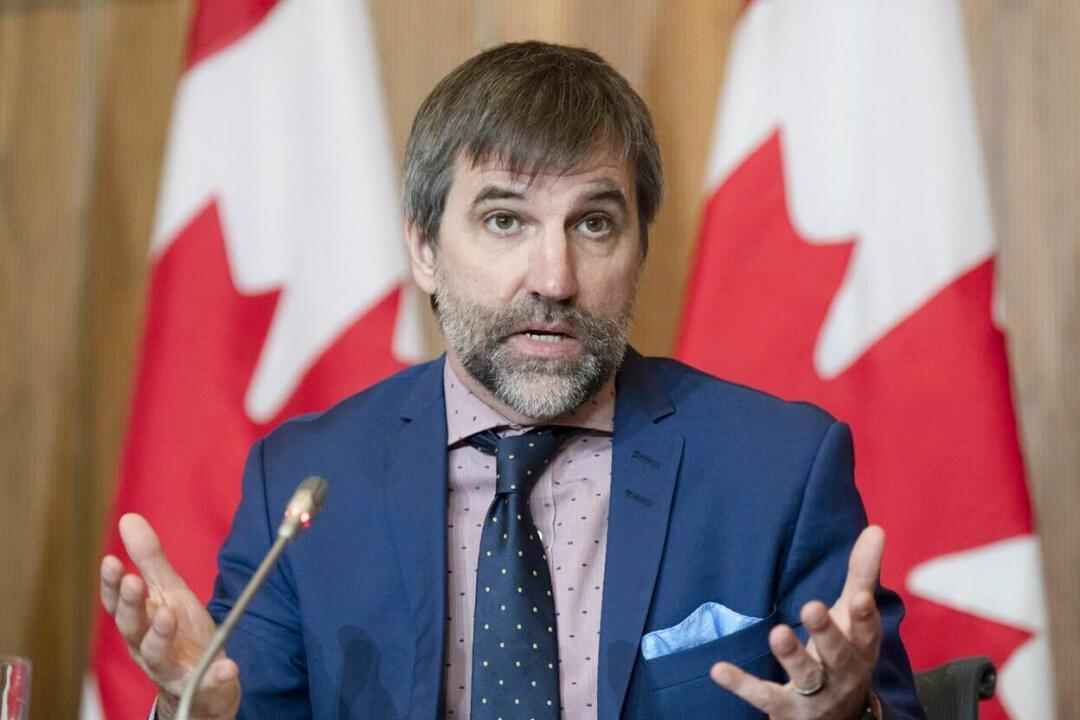Environment Minister Steven Guilbeault says he’s aware of Liberal leadership candidate Mark Carney’s plan to replace the federal consumer carbon tax, days after acknowledging the policy could be replaced with a different environmental measure.
Guilbeault made the comments during an interview with CBC News on Jan. 22, when asked if he had been briefed on the specifics of Carney’s plan.





